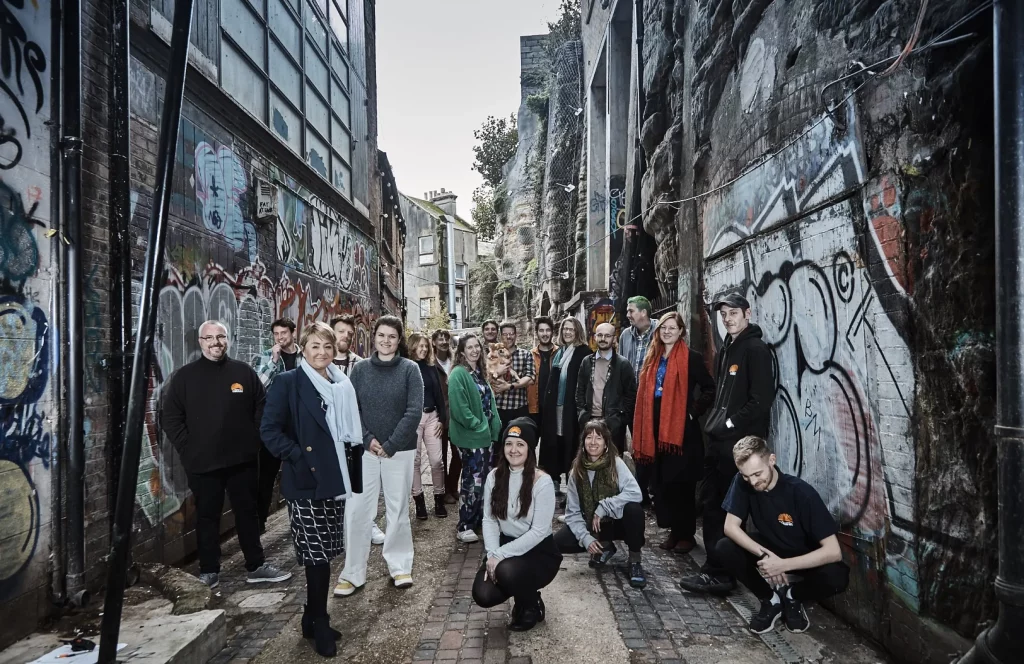The Kambi Moto project in Nairobi helped 270 families living in an informal settlement to gain legal ownership of their land and build safe, permanent homes. The families, many of whom lived in overcrowded wooden shacks prone to fire, now have legal titles to small plots of land. These homes are being built gradually, in phases of 20–30 houses, without displacing the community. A local savings group called Mungano provides loans, and families contribute labour and savings toward construction.
The homes are designed over three floors to fit into the small space, using local and low-cost materials. Each unit is connected to water, sewer, and electricity. The project was made possible by partnerships between the community, local professionals (architects, planners), the Nairobi City Council, the Pamoja Trust NGO, and Slum Dwellers International.
Residents were trained in construction, planning, and management so they can handle the process themselves and become less dependent on outside experts. Some now earn a living through construction work or new small businesses. The planning rules were adjusted to make room for walking paths and emergency vehicle access.
So far, 70 homes have been completed. Though early loan repayment was slow, a culture of responsibility has since developed. The community shares knowledge with others across Nairobi and even internationally. The approach has inspired similar projects elsewhere.
This model reduces reliance on external funding by keeping construction costs low and using community loans. It strengthens local skills, protects community ties, and gives people formal housing, improving their quality of life and access to credit. The project continues to evolve and influence planning in other settlements.
Technical Team







